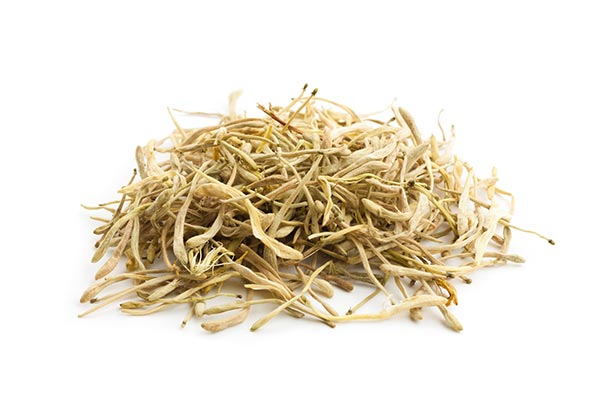Minty relief: Peppermint oil can be used to address esophagus disorders, suggests study
11/04/2019 / By Arsenio Toledo

A study published in Digestive Diseases and Sciences has found that taking peppermint oil can relieve symptoms of esophageal disorders, which include dysphagia and non-cardiac chest pain.
Researchers from the University of South Carolina included 38 participants for their study, all of whom had digestive concerns such as dysphagia and chest pain. For two years, participants were instructed to take peppermint oil tablets before meals (for those with dysphagia) or as needed (for those with chest pain).
After the study, the researchers reported that 24 patients reported an improvement in their symptoms. In particular, 12 patients reported that they felt “much better” while the remaining said that they felt “slightly better” after treatment.
Patients with distal esophageal spasm (DES), a condition marked by non-obstructive dysphagia with non-cardiac chest pain, and esophagogastric junction outflow obstruction (EGJOO), which indicates obstructive dysphagia, had similarly promising results. Eighty-three percent of DES patients felt much better after treatment, and all EGJOO patients reported improvements post-treatment.
The researchers posited that this could be due to the therapeutic, muscle-relaxing properties that are present in peppermint oil. Although they did point out that more studies would be beneficial to understand this effect further, it’s clear that taking peppermint oil tablets has positive outcomes for people suffering from spastic disorders of the esophagus.
The power of peppermint oil
The peppermint plant has traditionally been used for a variety of medical conditions. This includes a remedy for colds and a natural way to help prevent bad breath. When infused into an oil, it can be used to relieve flatulence and irritable bowel syndrome (IBS). Peppermint oil has even been shown to improve symptoms of other digestive conditions, such as indigestion and bloating. (Related: Use peppermint oil to aid digestion, repel bugs, and more.)
But peppermint oil isn’t just for your stomach. Its healing properties extend beyond the digestive system. Inhaling peppermint oil through aromatherapy, for example, has been seen to relieve nausea after surgery, with many of the participants of the study stating that they were very willing to try inhaling peppermint oil again in the future. More studies have also shown that peppermint oil also helps alleviate nausea for those undergoing drug treatments for cancer and even pregnant women.
Peppermint oil has also been used to treat pain associated with migraines and tension headaches. Several studies have looked into the effects of menthol in peppermint, given its ability to improve even the worst symptoms when used as part of a topical solution.
And speaking of applying peppermint oil to the skin, it has been known to have many cosmetic properties that positively affect both the skin and hair. It can brighten the skin, control your acne, and it can hydrate your scalp. A study done in South Korea has even found that it can help promote hair growth in men, with peppermint oil performing even better than other hair growth treatments.
Peppermint oil is beneficial, especially if you are plagued with digestive issues. Whether through ingesting in pill form or inhaling through aromatherapy, peppermint oil is a powerful ally towards a healthier future.
Sources include:
Tagged Under: alternative medicine, bloating, digestion, digestive disorders, disease treatments, distal esophageal spasm, esophageal disorders, esophagogastric junction outflow obstruction, essential oils, flatulence, hair, hair growth, herbal medicine, Herbs, Indigestion, irritable bowel syndrome, menthol, migraines, natural cures, natural health, natural medicine, Naturopathy, nausea, pain relief, peppermint essential oil, Peppermint Oil, plant medicine, pregnancy, remedies, Skin, tension headaches, women's health
RECENT NEWS & ARTICLES
COPYRIGHT © 2017 REMEDIES NEWS



















